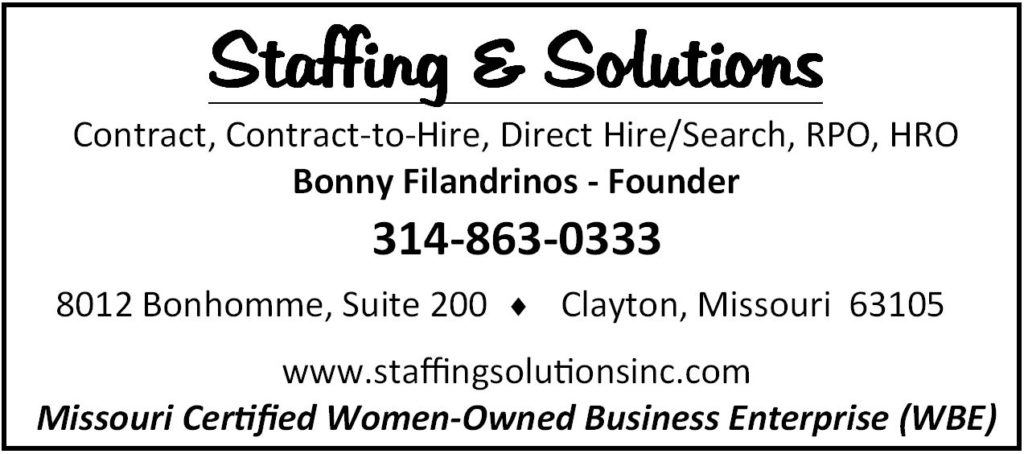Potential:
What It Is, And Why It Will Land You A Job!
What It Is, And Why It Will Land You A Job!

Okay. So you have interviewed for a few jobs, and haven’t been selected for any. One of the positions seemed like a PERFECT fit, yet you weren’t selected. The feedback you received was confusing! The hiring manager selected another candidate based on their “potential”, yet you had the skills and experience so–what the heck is “potential” and how do they know you don’t have it?
When we ask our hiring partners to help us clarify this concept to our candidates, they tell us that “potential” is equally as important as past performance when considering candidates. They tell us that candidates with “potential” are more engaged, and stay with the company longer.
Retaining top talent has become as important as attracting talent, so: “potential” is the new “it factor.”
When we ask hiring managers how they determine if a candidate has “potential,” they admit that they do a poor job trying to identify “potential,” and often get it wrong!
So, we contacted our assessment vendor, “Rembrandt Advantage®” to ask the experts! Can we, at Staffing Solutions, determine a candidate’s “potential” from the results of our personality assessment? The answer? Yes and no!
Our partner at RembrandtAdvantage® suggested we consider what we can learn about assessing potential from the results of your assessment:
- Potential can mean that you have the ability to learn new things quickly, and are able to be promoted into different types of roles–adapting quickly.
- Potential can be about your work style, especially if your “style” is compatible with the company’s… every organization is different. A few examples of what an organization’s work style could mean:
- Passion for helping others.
- The desire to move up.
- Team player.
- Open communication vs. avoidant.
These are just some that our clients and our assessment vendor, RembrandtAdvantage®, have determined constitute as “work styles.” Do you have the “potential” to fit the norms at an organization?
How can you “show” your “potential” in an interview?
Think about your past successes and failures. Be prepared to talk about what you learned. How did you meet new challenges? Were there times when you got promoted because of them? When you took on new tasks, how did you learn? How did you adapt? Be prepared to talk about how you accomplished or learned. Be prepared to discuss how you adapted to new tasks, goals, or a new position.
If your work style isn’t a fit, don’t push it. Move on!
Questions? Call us!






